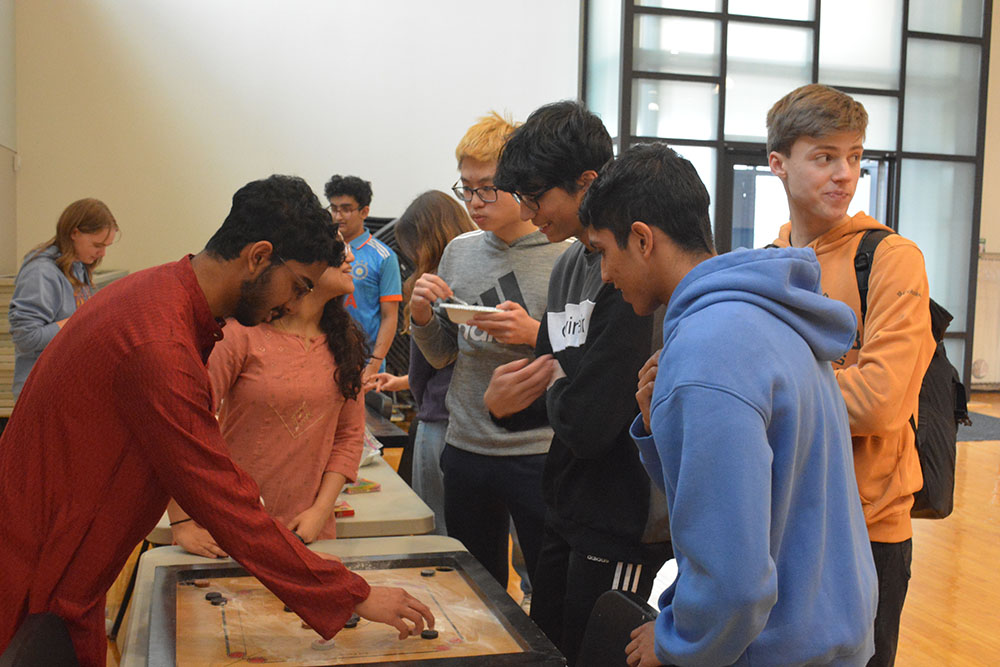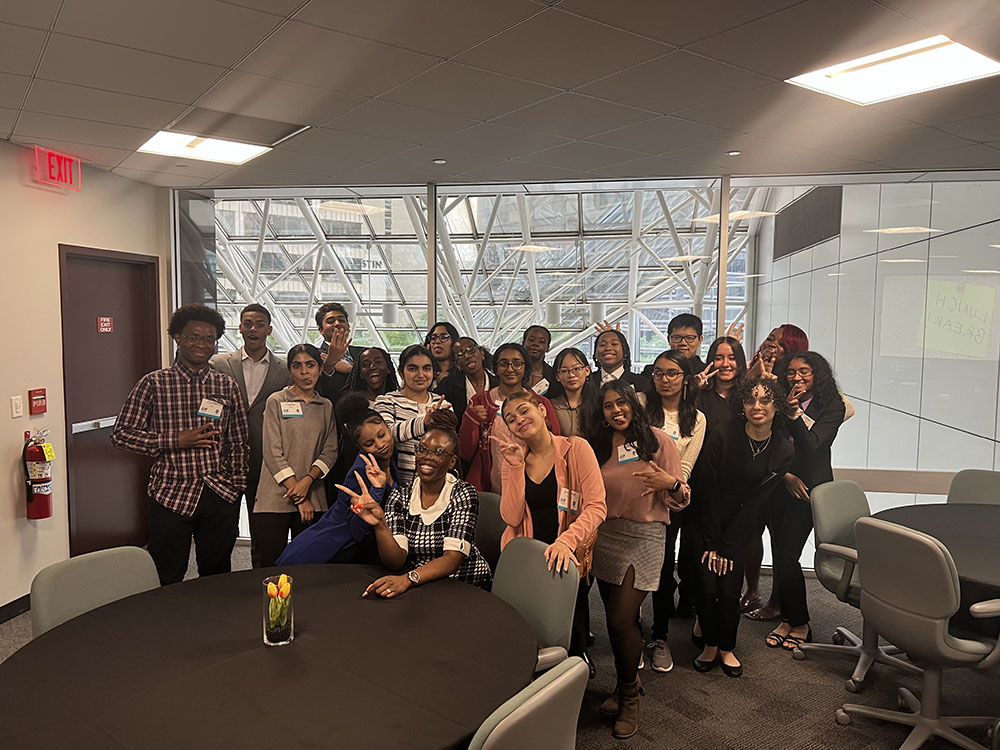
By Scott Remer, Staff Writer
There have always been distractions on the road. In Henry Ford’s era, it was the person sitting next to you. Later, it was the radio or CD player. Now, texting, one of the newest forms of technology, is looking to become the latest in a long series of distracters.
Texting while driving has quickly become a pervasive and deadly problem. Although it has only existed for a few years, a recent American Automobile Association survey revealed that 21% of motorists admit to texting while driving. This distraction exacts an extremely high toll: in 2008, 6,000 deaths and 500,000 injuries resulted from crashes involving distracted drivers.
The reason for the high mortality associated with texting while driving? A Virginia Tech Transportation Institute study found that “texting took a driver’s focus away from the road for an average of 4.6 seconds,” enough time at 55 mph to travel the length of an entire football field. Moreover, the Transport Research Laboratory discovered that texting while driving makes drivers 35% slower to react – slower than drunk drivers and, surprisingly, even slower than drivers using marijuana. It also found that texters are more likely to drift into other lanes, as their steering control is almost 100% worse than attentive drivers’.
Lately, the truth that texting while driving is worse than all other distracters has been borne out in spectacular fashion. In September 2008, a train engineer in California missed a stop signal while texting, resulting in a collision that killed twenty-five and injured 101. In May 2009, sixty-two people were hurt when one trolley slammed into another in Boston; one of the trolley operators admitted to texting just seconds before the accident.
The alarming number of deadly accidents involving texting behind the wheel, coupled with its prevalence, has led some to advocate a ban. Paul Green, a seasoned research professor at the University of Michigan Transportation Research Institute, contends that, “We don’t have ex-act statistics yet, [but] we have enough information to say that texting shouldn’t be permitted while driving.”
Others in high places concur. President Obama has forbidden government workers from texting when conducting state business. Nineteen states, including Alaska, California, and Vir-ginia, now have laws prohibiting all drivers from texting, while several others forbid teens from texting while driving.
There are signs that more bans are in the works. The New York state assembly recently sent the governor a bill to ban texting while driving, and nationally, four senators are sponsoring a bill which would ban everyone from texting while driving. Closer to home, Cleveland and mul-tiple other localities have already banned texting while driving. This has spurred our state legis-lature to consider prohibiting texting while driving.
Although there have been widespread pushes for texting bans, indicating broad public support, a 2008 Nationwide survey discovered that almost 40% of drivers intend to disobey laws prohibiting the use of cell phones (and thus texting) in the car.
This dichotomy between the general and the personal also exists in Beachwood. In an unscientific poll of fifty students, only seven felt texting while driving is “acceptable” or “under-standable,” while forty-three deemed it “unacceptable.” However, when asked about a ban, something that would personally affect them, a bare majority, twenty, are in favor, while seven-teen are opposed and four express no opinion.
One explanation for this inconsistency may be that texting while driving is an especially teenage phenomenon. According to an AAA survey, over one-quarter of teens admit to it, mean-ing the true number may be far higher, and nearly half of eighteen to twenty-four year olds text while driving. Steven Bloch, an Automobile Club senior research associate, theorizes that the reason is that “texting and cell phone devices have become such a component of life for teens…that it’s hard for them to differentiate between doing something normal and doing some-thing wrong.”
Here in Beachwood, many students echo Bloch’s views. Ava Fagin, who confesses that she texts while driving, holds that the reason is that “in today’s social world, we are obsessed with technology.” She sees the same principle behind texting in class at work on the road. “After all,” she says, “Why can’t people wait until the end of class to take out their cell phones?” Ramon Fischer agrees: he says that talking to someone is second-nature and he doesn’t like leav-ing a conversation unfinished.
Both Ramon and Ava stress that they only text at stoplights, but Ramon admits that he “knows that it’s dangerous” and emphasizes that he’s “not trying to be a danger to everybody.” The fact that even those who text are defensive about it accounts for the overwhelming response that it’s unacceptable, but why are some students against a ban?
Many feel that it would be an ineffectual and unreasonable restriction on individual liber-ties. Alex Bruening asserts that having a ban would be reminiscent of a “police state,” alleging it would involve “too much regulation” and be “too questionable.” Others concentrate on the im-pact of a ban; Elliot Angart and Josh Jacobs maintain that a ban would be unenforceable.
Although there is considerable opposition in Beachwood, according to a poll by Nation-wide, 80% of Americans favor a ban. Supporters point to the effect a ban would have on societal attitudes, as texting while driving would acquire a deserved stigma, reducing the number of acci-dents it causes. Even the cell phone industry supports a ban – a statement on an industry consor-tium’s site declares, “Text messaging while driving is incompatible with safe driving.”
While some feel that texting while driving is safe at stoplights, as Sevy Harris points out, “If you don’t see a person coming, it can still be very dangerous.” Texting while driving is not safe: you increase your risk of crashing by eight if you text while driving, and the National Highway Traffic Safety Administration reports that annually, 200,000 accidents are caused by texting while driving.
To add insult to injury, the Transport Research Laboratory found that text messages take 63 seconds on average to send while driving, almost three times as long than from a desk.
Is your twenty-character text message, one that will take three times longer than usual to send, really worth your life?
*If you would like more information on texting while driving and its effects, please see www.keepthedrive.com.








